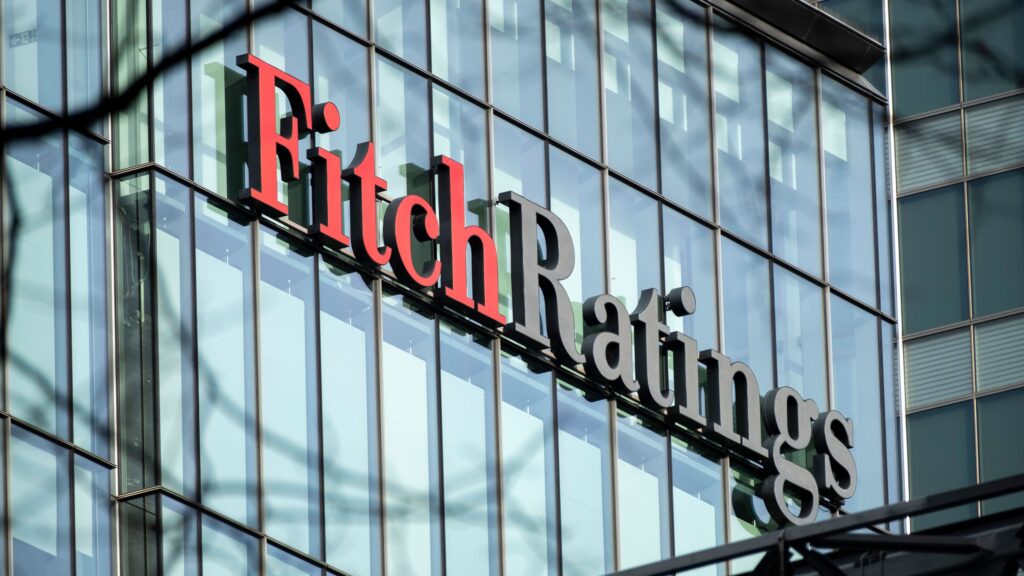Credit: Kekeli K. Blamey
The African Peer Review Mechanism (APRM) is taking aim at international credit rating agency Fitch Ratings, accusing it of applying flawed and inappropriate assessment standards to African financial institutions — a move that, analysts warn, could erode confidence in Africa’s development-led financial systems.
This criticism comes after Fitch downgraded the African Export-Import Bank’s (Afreximbank) long-term foreign currency issuer rating from ‘BBB’ to ‘BBB-’, citing a 7.1% estimated non-performing loan ratio. The agency pointed to exposure to Ghana, South Sudan, and Zambia as major factors behind the decision.
But APRM says Fitch’s framework fails to account for Afreximbank’s unique legal structure and its role as a multilateral, treaty-based institution — not a commercial bank operating under conventional market principles. In particular, APRM stresses that loans to sovereign shareholders like Ghana and Zambia are governed by intergovernmental agreements, not typical private-sector lending arrangements.
“It is both legally incongruent and analytically flawed to label such sovereign loans as non-performing,” APRM said in a statement issued June 6. “These are not commercial obligations — they are commitments under a treaty framework ratified by member states.”
At the heart of APRM’s argument is a call for global credit rating agencies to adapt their models to reflect African financial realities. The group argues that applying a uniform risk lens to all lenders — regardless of mandate, ownership structure, or legal status — risks penalizing African-led financial innovation.
The controversy also raises deeper questions about the influence of international rating agencies on development finance in emerging markets. Afreximbank, founded in 1993, plays a critical role in facilitating intra-African trade and supporting sovereign liquidity, particularly during economic downturns and global financial stress.
“Mischaracterizing treaty-based repayment negotiations as defaults distorts investor perception and undermines the credibility of institutions like Afreximbank,” APRM warned. “There is no formal default, no repudiation, and no legal basis for downgrading these loans.”
The organization further criticized Fitch for misinterpreting repayment discussions initiated by countries like Ghana, saying they were wrongly seen as indicators of financial distress rather than standard intergovernmental engagement.
As Africa continues to push for greater control over its financial architecture and narrative, the dispute reflects broader calls for reform in how international institutions engage with the continent.
“Transparent, context-aware credit assessments are not just necessary for fairness — they are fundamental to the global financial system’s integrity,” APRM concluded, urging Fitch and its peers to engage directly with African institutions to avoid similar misjudgments in future assessments.







